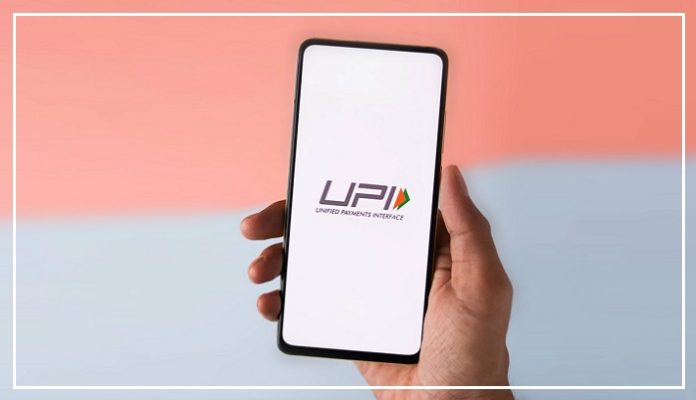New Delhi :
As per a recent circular, the National Payments Corporation of India (NPCI) has issued an advisory to apply fees for Prepaid Payment Instruments (PPI) to merchant transactions on the Unified Payments Interface (UPI) starting from April 1.
Prepaid Payment Instruments Fees
Additionally, the circular stated that for transactions above Rs 2,000, utilizing PPIs on UPI will attract an interchange fee of 1.1 percent of the transaction value.
It is worth mentioning that the interchange fee is typically associated with card payments and
is imposed to cover the expenses incurred in accepting, processing, and approving transactions.
It is worth noting that when conducting peer-to-peer (P2P) and peer-to-peer-merchant (P2PM) transactions between a bank account and a PPI wallet, no interchange fee is required.
However, the PPI issuer is obligated to pay the remitter bank a wallet-loading service charge of approximately 15 basis points.
This step towards introducing an interchange fee falls within the range of 0.5-1.1 percent.
Specifically, the interchange fee will be 0.5 percent for fuel, 0.7 percent for telecom, utilities/post office, education, and agriculture, 0.9 percent for supermarkets, and 1 percent for mutual fund, government, insurance, and railways.
First Step Towards Change
Effective from April 1, 2023, the revised pricing will be implemented. The circular also mentioned that NPCI will reassess the stated pricing by September 30, 2023.
According to Equirus, a broking firm, “this could be the first step, and we might observe a gradual introduction of interchanges on other payment modes as well.”
The broking firm also noted that around 65-70 percent of P2PM UPI transactions involve amounts greater than Rs 2,000.
They added that there is significant potential for various stakeholders in the system.
Therefore, this move should be seen as a positive for credit card companies since the likelihood of any limit on MDR is reduced.
